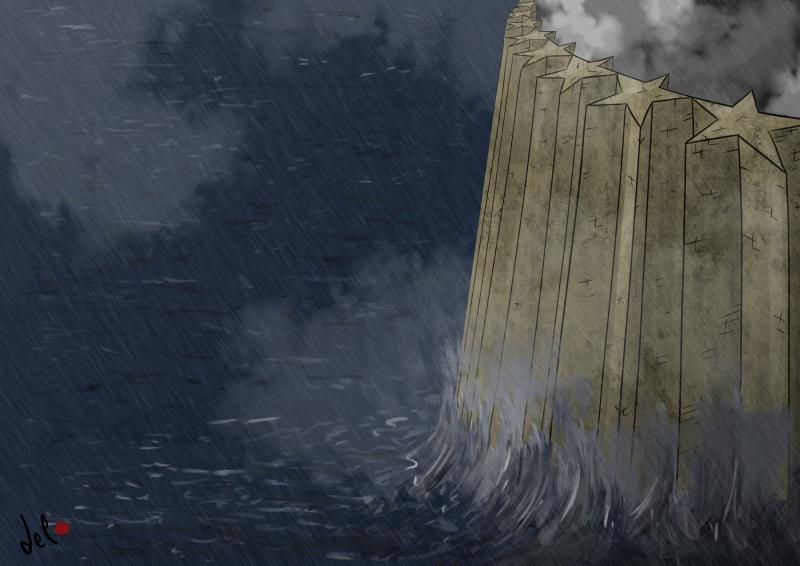Mora Salazar was a household firm that offered fences for properties and small companies. In 2006, Spain employed the providers of Mora Salazar to put in a razor wire on the border partitions of Ceuta and Melilla. Now the corporate is a multinational company renamed European Safety Fencing, with workplaces in Brussels and Berlin and enterprise in additional than 30 borders world wide.
“When the Socialists get into the federal government, I take away them. If the conservatives are reelected, I put them again. I’ve already taken them down and put them up 4 occasions and every time I get three million euros”, the proprietor of this firm admitted.
The businesses that make revenue from the fences of Ceuta and Melilla accumulate greater than 120 revolving doorways, together with a dozen former authorities ministers from the Common Celebration (PP) and Socialist Celebration (PSOE). Spain doesn’t disclose the whole expenditure on these partitions “for causes of nationwide safety.” This investigation analysed 188 public contracts for these two fences value 133 million euros.
The most important increase within the enterprise of border fences in Europe passed off after Viktor Orbán‘s choice to wall off Hungary‘s border with Serbia in 2015, amid the “refugee disaster'”. Estimates recommend that Orbán has spent greater than €2 billion to construct that wall. Among the many firms that benefited probably the most is metALCOM Zrt, whose essential shareholder is Zoltán Bozó, a businessman and member of Fidesz, Orbán’s get together, as revealed by the media Index.hu.
Orbán’s choice produced a domino impact and different European nations rapidly adopted swimsuit. Calais, a small historic city in France and a vacation spot for migrants attempting to succeed in the UK throughout the English Channel, is presently surrounded by 65 kilometres of fences geared up with the newest know-how, together with state-of-the-art drones, night time cameras, and step and CO2 detectors to find migrants by means of their breath.
Obtain the most effective of European journalism straight to your inbox each Thursday
Greece, the gateway to Europe for jap migratory routes, has an allotted funds of 819 million euros in European funds to additional strengthen its border till 2027. In whole, the 27 nations that make up the EU are presently fortified with 1,800 kilometres of partitions.
“The erection of fences isn’t an satisfactory resolution to forestall irregular migration,” stated the Slovenian Minister of the Inside in a questionnaire despatched by the staff accountable for this investigation. The elimination of the border fence between Slovenia and Croatia led to an awesome controversy: Slovenia granted 7 million euros for the elimination of the fence to Minis, the identical firm that put in it in 2015.
Minis “didn’t have a single worker one yr earlier than the profitable tender, and was primarily based on the similar tackle as an area department of the then-ruling get together”, says a consultant of Transparency Worldwide Slovenia. The contract was awarded with out a public tender.
European governments see individuals on the transfer as a safety downside and prioritise funding for partitions over socially pressing investments. “Have you ever seen the highway right here? We’re ready years for a brand new one, however the wall was constructed immediately”, stated an aged girl from Bulgaria –one of many poorest nations within the EU– who lives in Matoczina, on the border with Turkey.
Border partitions are double-edged weapons. The opposite aspect of the enterprise is performed by each smugglers and authoritarian governments bordering Europe. On one hand, mafias elevate their charges to move migrants in more and more harmful and violent situations.
Alternatively, the growingly militarised partitions permit the weaponisation of migrants by governments and dictatorships starting from Turkey to Morocco, Belarus and Tunisia. These regimes are conditioning their increasing management/affect of the opposite aspect of the border in trade for cash, diplomatic assist and different concessions from the EU.

